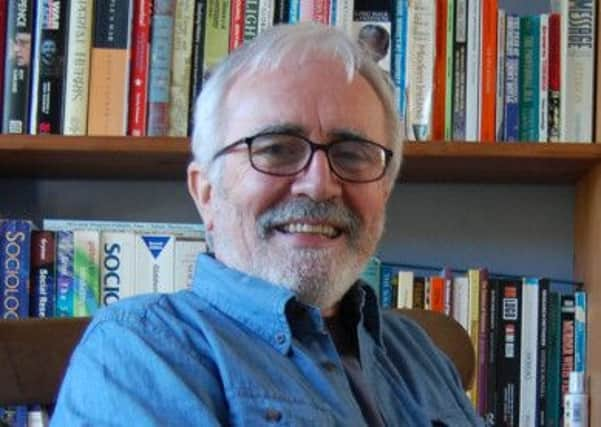The ‘eureka moment’ of Pastor Titus


The conundrum is this, God can either intervene supernaturally and chooses not to, or he would if he could but he can’t. So runs the shallow argument. And it is shallow, because it is predicated on the expectation that God must explain himself, but in truth I’m not sure there’s any reason why he should.
The other problem is we think that what we can see and touch is all there is. We tend to see ourselves as primarily physical beings with an incidental spiritual dimension, hence we are preoccupied by our immediate needs; we are hungry, cold, unwell, poor, lonely, exploited, afraid; and those feelings dominate our horizons.
Advertisement
Hide AdAdvertisement
Hide AdHowever, if Christians were to truly believe what they say they believe, they would look at it the other way around and the picture completely changes.
In other words, if we are primarily spiritual beings who happen to occupy a physical space, a purely physical difficulty might not constitute a problem at all. That puts the problem of human need on a totally different plane.
But there is yet another issue here; why is it that in some corners of the world people appear to experience God in a way that we in the developed world just cannot manage. From some African countries, for example or in South America there is a constant stream of reports of the miraculous, and while some might be exaggeration or fabrication or imagination, surely they cannot all be so. And if that is the case, why is it?
I met a Christian leader on one of my trips to Uganda a number of years ago, his name was Titus and he told me of his Eureka moment - that was the term he used. He was staying in the Gatwick Hilton en route to a convention somewhere in England and as he sat on the loo - I’ll spare you the graphics - a great truth dawned on him.
Advertisement
Hide AdAdvertisement
Hide AdThe marble floors were spotless, not a germ in sight. There was soft quilted toilet paper hanging from a gold plated bracket on the wall. There was hot running water, soap dispensers and warm fluffy towels aplenty, there was even piped music to entertain as you do your business, and it dawned on him; these people don’t need God.
If they are poor the welfare state provides for them. If a tooth hurts there are dentists and an abundance of analgesics to soothe their pain in the meantime. If they are sick they call a doctor and if they are knocked over by a car the paramedics arrive, sometimes within minutes to care for them. And to a point Titus was right, for while we do need God, Titus’ insight can help us understand that it is only when there is no alternative to prayer, our utter dependency on God drives us to our knees in a way that few of us in the developed world will ever know.
But on top of all that, the awful truth is that we can have a negative effect on God’s ability to act by our unbelief; that’s what the master found in his hometown of Nazareth reported for us by Matthew; ‘And so he did only a few miracles there because of their unbelief.’
Adam welcomes comments on his column - email him - [email protected]